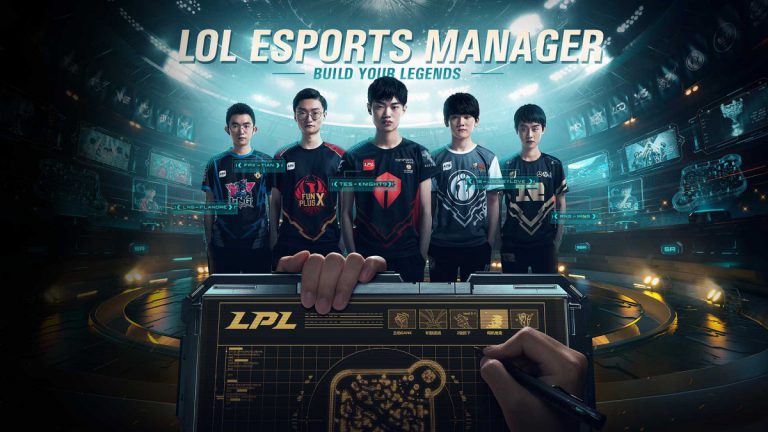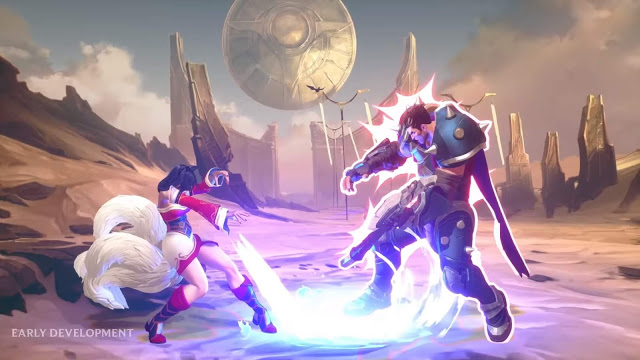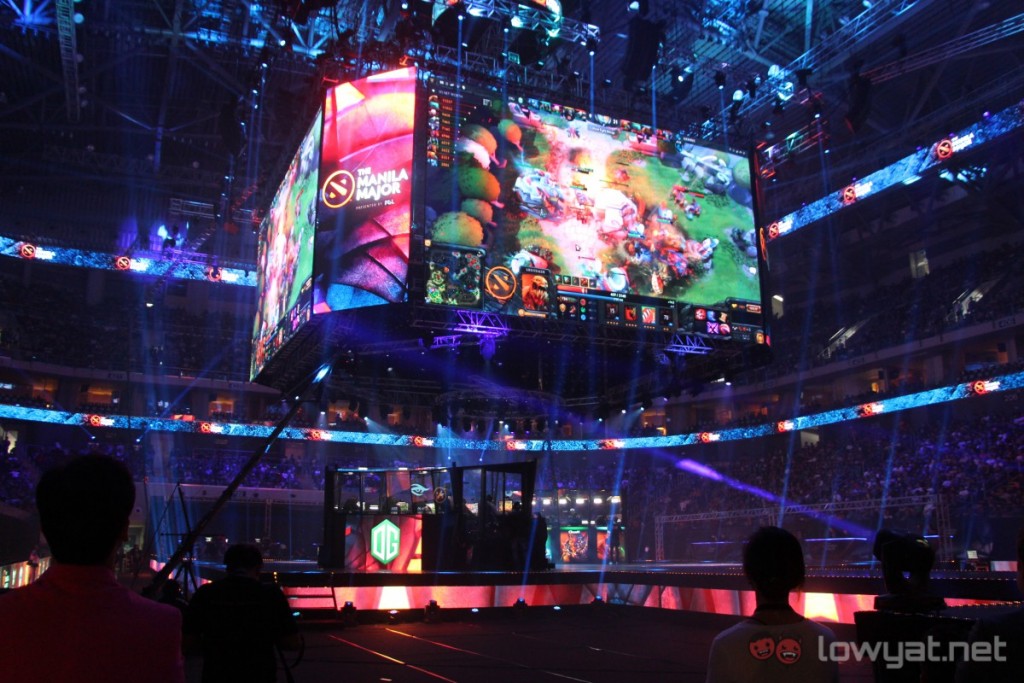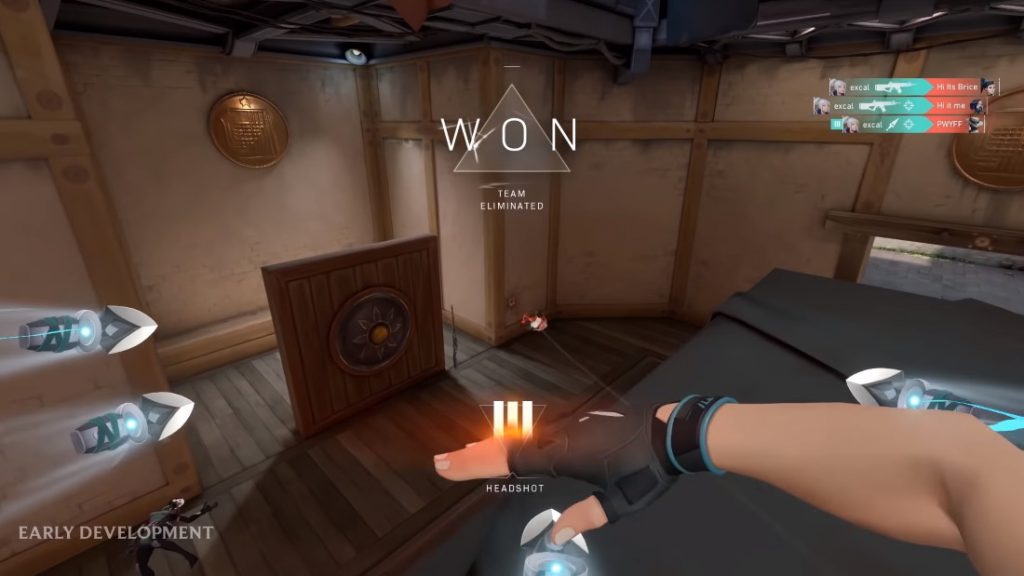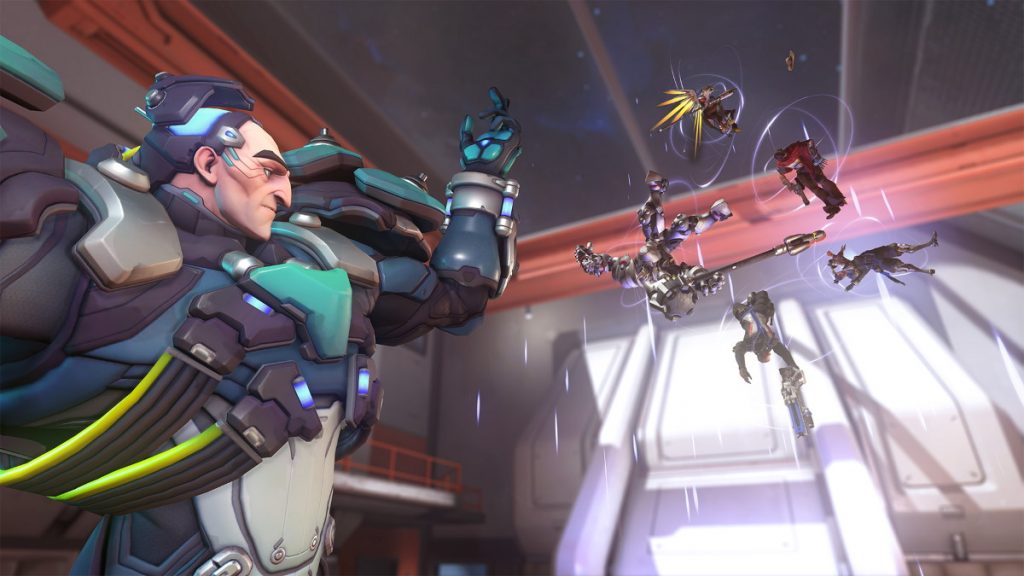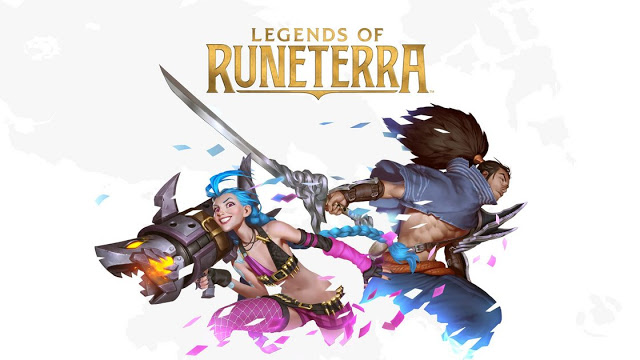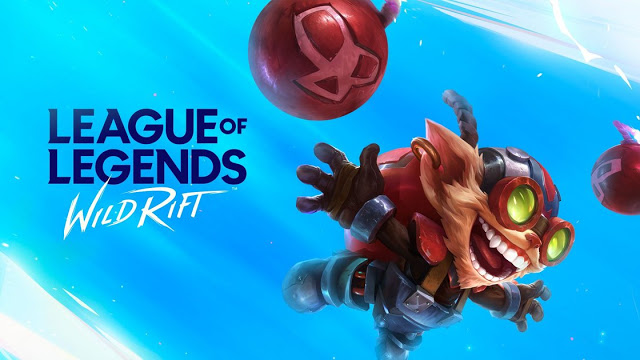Among the projects featured in the video was a number of projects that were already known to be in development by Riot, such as League of Legends Wild Rift – the new mobile version of LoL, and Legends of Runeterra – a card game set in the LoL universe. While fans were definitely excited to see more news regarding these highly anticipated games, it was the remaining games revealed in the 10-Year Anniversary Celebration video that really set off the gaming world. Enter the real surprises, 3 new games currently being developed by Riot, still in their early stages of development, only known by their working titles, and all in genres that nobody was expecting from Riot:
Project A – a first-person shooter.Project F – an action-adventure RPGProject L – a fighting game
And there was also the absurd yet somehow perfectly reasonable “LoL Esports Manager”. Think the classic Football Manager sims, except you manage an esports team. That particular game doesn’t really need to be discussed here – we already know that it’ll at least be an entertaining time sink for a particularly niche crowd.
What we want to discuss here is all the other games are being developed by Riot that have the potential to shake up the global esports scene. Come to think of it – will they actually have any significant impact on the esports scene? Let’s make a tally of all the games and their corresponding esports genres which Riot appears intent to grab a stake in, along with the most popular games that currently occupy those genres:
That makes 5 different esports genres which Riot is throwing its hat into for the first time. When the news was revealed, many fans commented that Riot appears to be intent on “taking over the esports world” or something along those lines. The way that the projects were presented in the 10-year anniversary celebration video doesn’t explicitly express that this is Riot’s intention, but considering that no other game developer has ever tried to step into this many different esports genres at once, it wouldn’t be much of a stretch to imagine that Riot really does plan on taking over the entire esports world. But can they though? Putting aside the excitement that one might feel for a fighting game featuring LoL characters for a moment, many people have forgotten to consider one thing: developing this many esports titles is likely spreading Riot’s resources thin, and that could severely hinder the quality of these titles. Just developing and supporting a single title takes an immense amount of resources. Even the biggest game developers in the world usually focus on a handful of titles at once, with most successful esports developers only really focusing their efforts on supporting one or two games at most – a formula which Riot themselves has been following since LoL first launched 10 years ago. A formula which has helped make the game the immense success that it is today. Then take a look at Riot’s biggest competitors – Valve, the developer of the one other MOBA which can claim to be the biggest esports title in the world. Valve channels all of its efforts towards Dota 2 and CS:GO as their only ongoing esports titles, (not to mention Dota 2 receives much more attention) and that’s completely understandable. Esports titles might not require the enormous budgets and development times of AAA games, but the trade-off is that they require continuous attention and development over a prolonged period of time in order for there to be an active esports scene surrounding the title. Esports titles like LoL and Dota are a work in progress for as long as the esports scenes are active, requiring new content and balance changes to be released constantly lest the game grows stale and the playerbase loses interest. Sure, Valve once tried to diversify their esports offerings by releasing their own take on the card game genre with Artifact, but just look how much of a disaster that turned out to be. That brings us to our next point: none of Riot’s new projects is guaranteed to be successful in their respective genres. As we stated earlier in this article, each of the potential esports titles that Riot is developing will be part of an already established esports genre that is currently occupied by major competitors. There’s nothing stopping Riot from trying to establish a foothold in each of these genres, but history has taught us that in most cases, trying to challenge the dominant title in each of these genres rarely goes well. Blizzard tried to establish their presence in the MOBA genre with Heroes of the Storm. That didn’t go too well. Overwatch, on the other hand, established a whole new genre, and that was far more successful. Creating a competitive esports title is an extremely delicate process which requires the balancing of mechanics and gameplay in such a way that the game can attract enough casual players to make the game popular, while also offering enough to create an active competitive scene for high-level players. Not much information has been revealed about the development process for Projects A and L just yet, but it’s going to be extremely difficult for Riot to design these titles in a way that appeals to fans of the genre and actually gives them a reason to play Riot’s title instead of the ones that they already know and love. If the development teams at Riot don’t respect the pedigree and history of these genres, then these new titles could very well be as disastrous as some of the most historic esports title flops in recent memory.
And one last point – a couple of these titles feel like Riot is trying to jump on an esports boat that is long gone. Legends of Runeterra is entering an extremely saturated Trading Card Game genre which has only been declining in popularity as the years go by. Project A is a character-driven shooter that’s doesn’t appear to be anywhere near ready to be released, and it’s entirely possible that character-driven shooter trend will be nothing but a distant memory by the time the game is ready. League of Legends Wild Rift could well turn out to be the most sought after title in the mobile MOBA genre, but Riot will have to expend a considerable amount of effort in order to overcome the influence that titles such as Mobile Legends and Clash of Kings have established in their absence.
Supporting an esports title with an active competitive scene isn’t something for a developer to take lightly. Riot certainly has the ability and knowledge to develop an esports scene for any game, but do they have the resources to support 6 esports titles at once, and are they really willing to put in the effort to do so? We’ll see. (Reference: Esports Insider. // Images Credit: Riot Games.)
